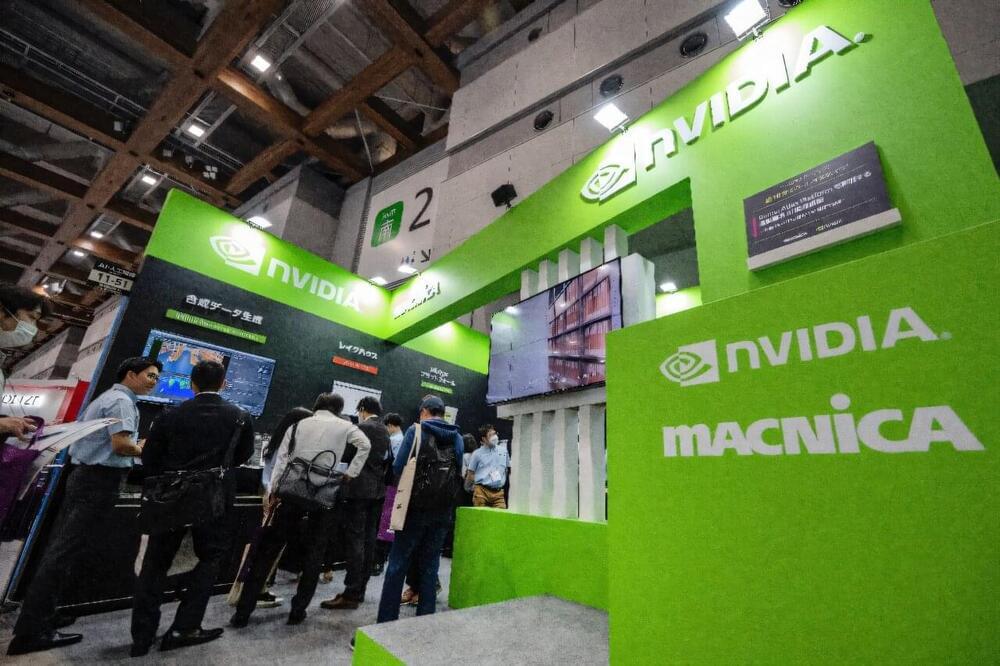Check out my introduction to quantum mechanics on Brilliant! First 30 days are free and 20% off the annual premium subscription when you use our link ➜ https://brilliant.org/sabine.
Last week, DeepMind’s Demis Hassabis said that AI might be able to solve problems that quantum computers were supposedly necessary for. Indeed he said that classical systems – AI run on conventional computers – can model quantum systems. Sounds like an innocent claim but is certain to upset a lot of quantum computing researchers. Hassabis bases his argument on the surprising success of Alphafold.
🤓 Check out my new quiz app ➜ http://quizwithit.com/
💌 Support me on Donorbox ➜ https://donorbox.org/swtg.
📝 Transcripts and written news on Substack ➜ https://sciencewtg.substack.com/
👉 Transcript with links to references on Patreon ➜ / sabine.
📩 Free weekly science newsletter ➜ https://sabinehossenfelder.com/newsle…
👂 Audio only podcast ➜ https://open.spotify.com/show/0MkNfXl…
🔗 Join this channel to get access to perks ➜
/ @sabinehossenfelder.
🖼️ On instagram ➜ / sciencewtg.
#science #sciencenews #tech #ai #technews






